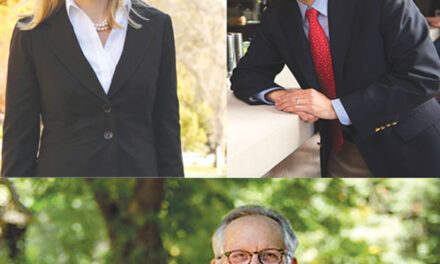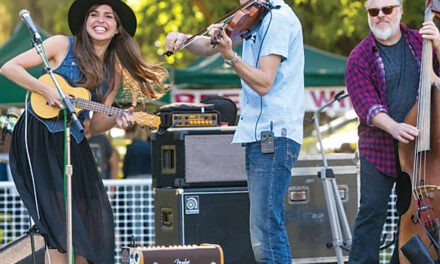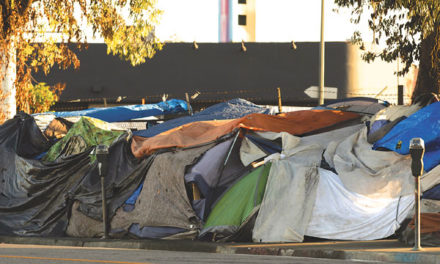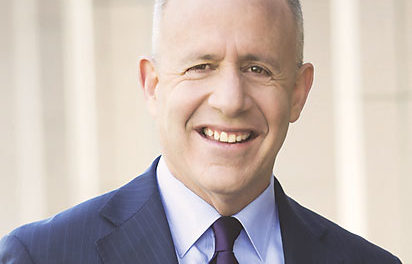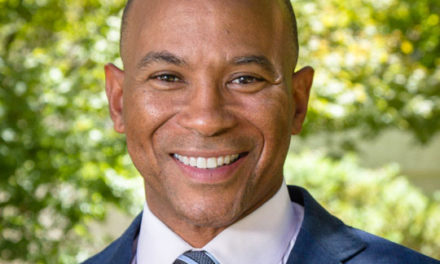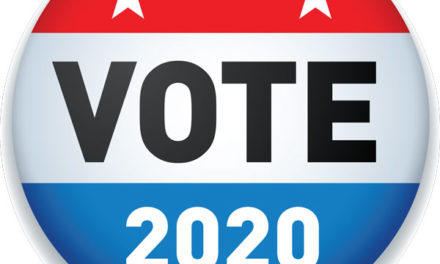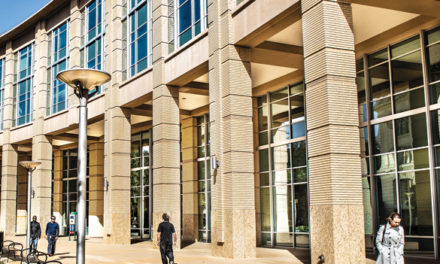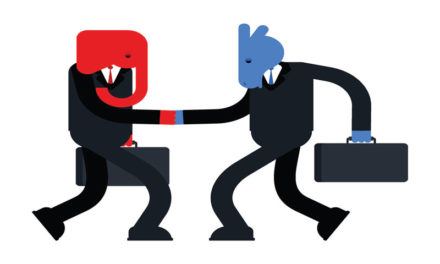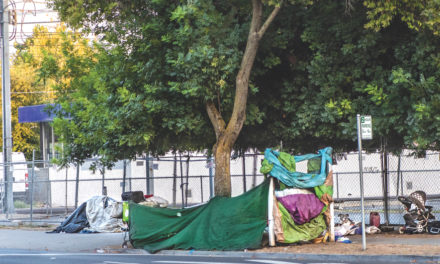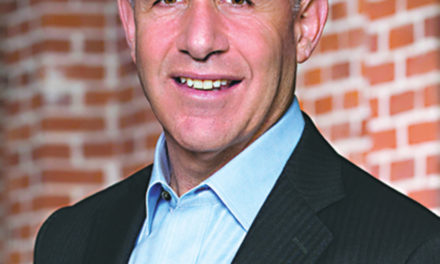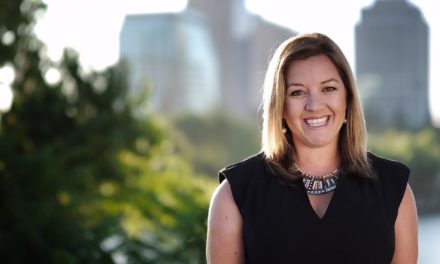In the Cold
Arts groups left out of Measure U bounty
By Cecily Hastings
June 2019
In his successful campaign to pass the Measure U sales tax last November, Sacramento Mayor Darrell Steinberg exhibited tremendous confidence in City Hall’s ability to solve social problems.
The many promises Steinberg made during the campaign will be put to the test with the city’s 2019-2020 budget, which starts in July—just as Measure U dollars flow into the city treasury.
In his State of the City speech in January, Steinberg suggested placing 80 percent of Measure U money—about $40 million a year—into an “economic trust fund” for our neighborhoods. The fund would last five years and invest $200 million. I’ll get back to this idea later.

During the first half of 2018, the mayor orchestrated a record number of neighborhood outreach events to get public feedback on budget priorities. The events were an obvious lead up to Steinberg’s Measure U campaign.
But this year, the outreach for budget planning was nowhere to be found. The mayor was largely silent on his promises.
In April, Dennis Mangers contacted me and described a “red alert” on drastic cuts to the city’s arts budget. For more than a decade, Mangers has served Steinberg and former Mayor Kevin Johnson as a pro bono arts policy adviser. A former legislator and lobbyist, Mangers has deep ties to the arts community.
He explained that the 2019-2020 budget prepared by City Manager Howard Chan left only $400,000 for the Sacramento Metropolitan Arts Commission, plus one-time funding of $580,000. The county will add approximately $340,000, leaving the Arts Commission a total budget of $1.32 million.
“That is $880,000 short of the minimum $2.2 million that is needed this coming year to fund the first phase of the Creative Edge Cultural Plan adopted by the City Council last year,” Mangers says. “Plus, we need another $6 million to fully implement the cultural plan.”
Arts leaders such as Mangers are frustrated because the proposed budget isn’t nearly enough to expand arts education, offer programs in underserved neighborhoods or reach other goals set by the mayor and City Council.
The $880,000 shortfall could be resolved by Measure U dollars. The city is establishing a process to evaluate how to spend about $50 million from the 1-cent sales tax each year.
Arts groups were promised Measure U funds by Steinberg, but Mangers believes the creative community will be at a “great disadvantage” when it competes against powerful labor unions, political action committees and business development interests.
He notes the 15-person Measure U advisory panel doesn’t include any representatives from the arts.
“The arts are a core city service, every bit as important as police, fire, public works, parks or any other sector of city responsibility,” Mangers says.
A powerful group of local developers and business leaders recently created the Sacramento Economic Growth and Equity Coalition to lobby the city on Measure U spending. Not surprisingly, the coalition founders included no arts groups.
Steinberg isn’t alarmed that the arts community is being left behind in the race for Measure U dollars.
“I see no problem getting the Measure U funding to the arts to the level as requested,” he says. “I just want to make sure that there’s money both for the creative economy and for investing in our neighborhoods. And then contribute in a major way to economic development over the long-term.”
Rather than directly fund the arts from Measure U proceeds, Steinberg has talked about creating a “trust fund” from tax money to support the arts. The mayor expounded on the idea at an arts funding workshop April 29, where he called it an “endowment.”
Typically, when the term “endowment” is used in the arts community, it refers to annual income generated by donor gifts. Under Steinberg’s definition, it would be a highly controversial plan to use the bonding process to leverage city assets into cash, while tying the city to ongoing debt-service payments.
Councilmember Jeff Harris pushed back at the mayor’s idea of securitization at the council’s budget committee meeting. Harris is highly critical of the idea. He calls it “mortgaging our city.”
A similar scheme resulted in the Stockton bankruptcy of 2012, Harris says. The councilman questions the legality of sequestering new Measure U funds into a special funding pool for economic development only.
“Measure U was passed as a general use tax and not a special use tax,” Harris says. “We have tremendous needs in our city without taking on a whole slew of new projects.”
Steinberg is confident about his approach, despite the risks expressed by council colleagues.
“Securitization leads to an opportunity to make the arts more sustainable and recession proof. I think there’s a great possibility we can make this happen,” the mayor says.
Inside will have in-depth coverage of this controversial idea in future months.
Cecily Hastings can be reached at publisher@insidepublications.com.




